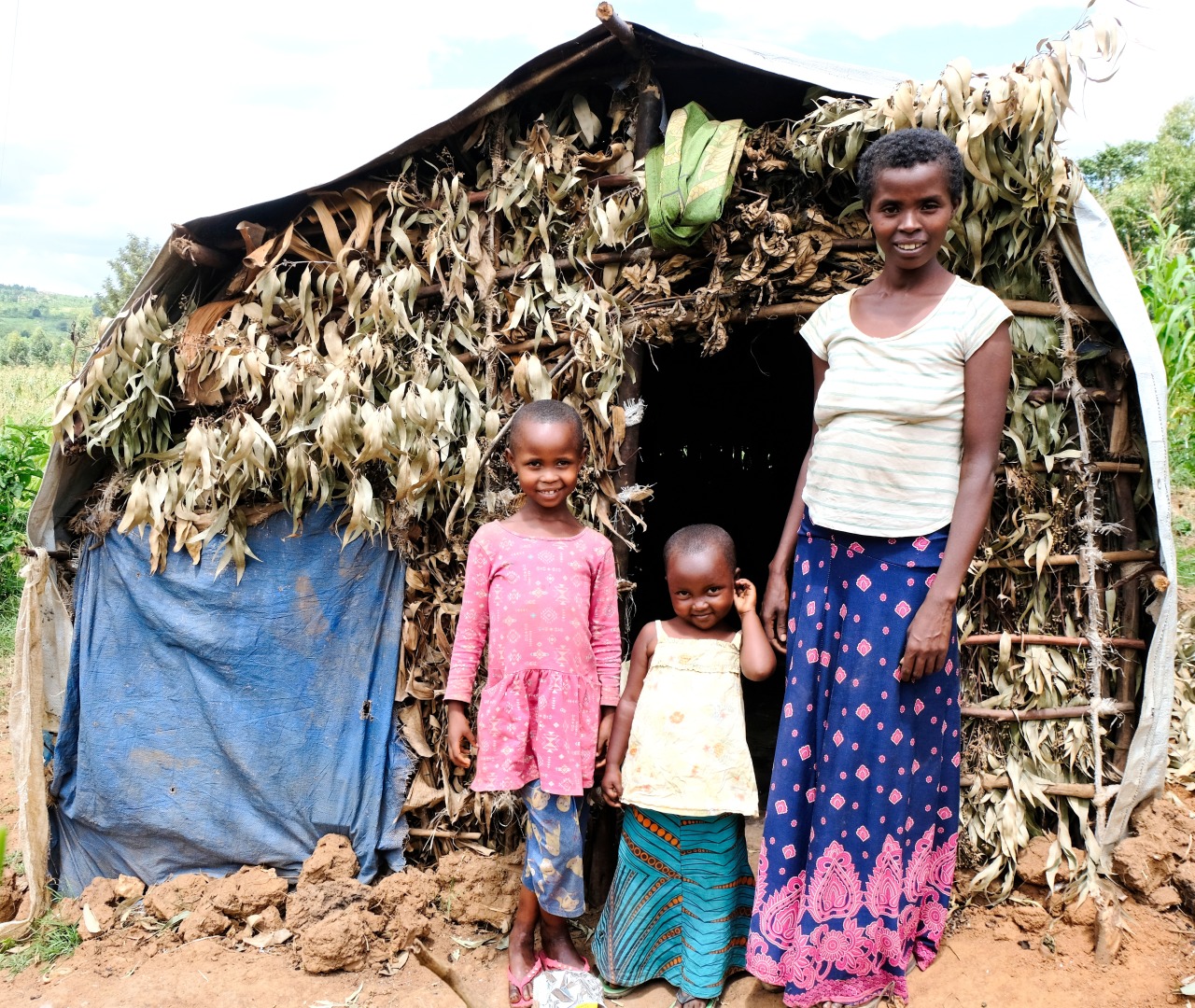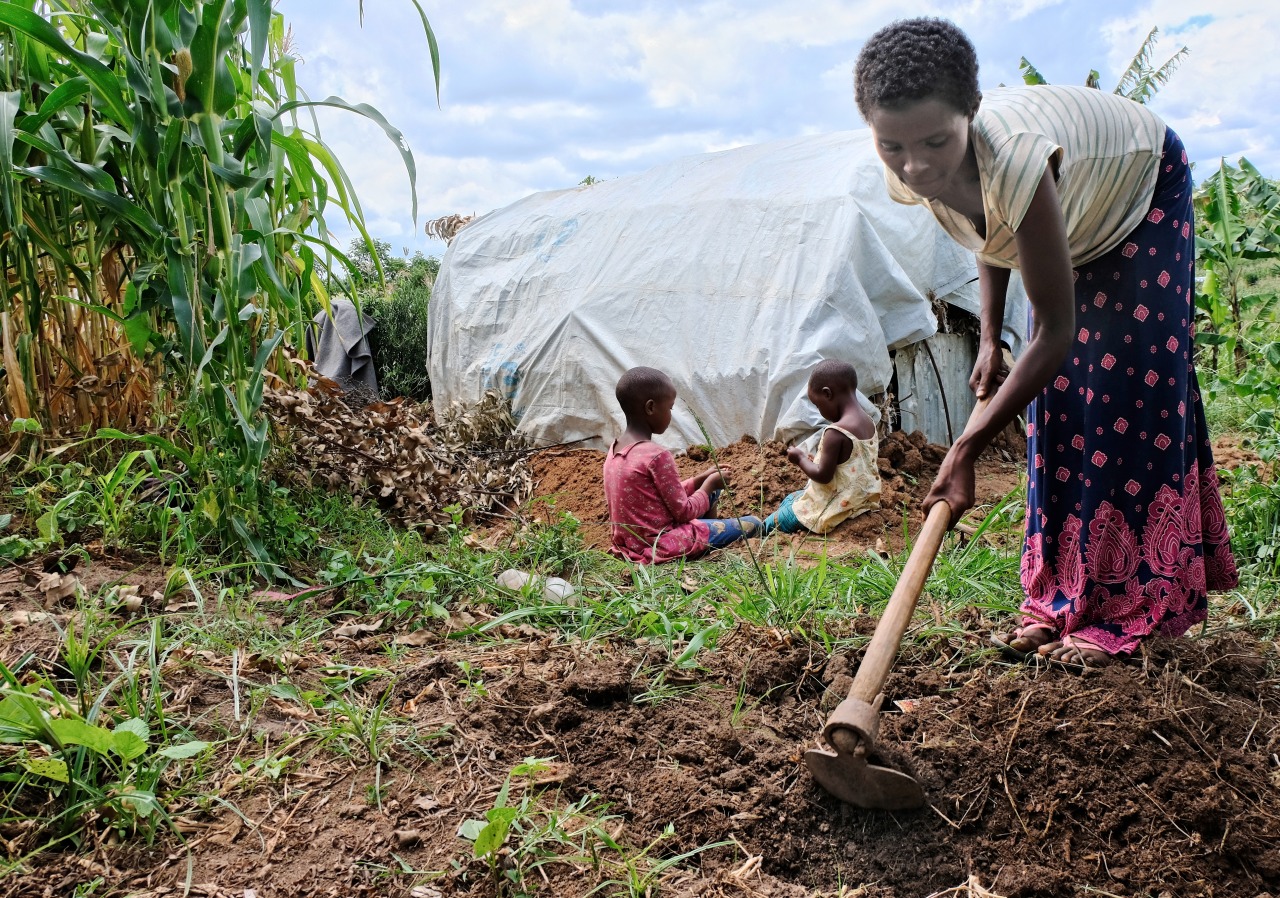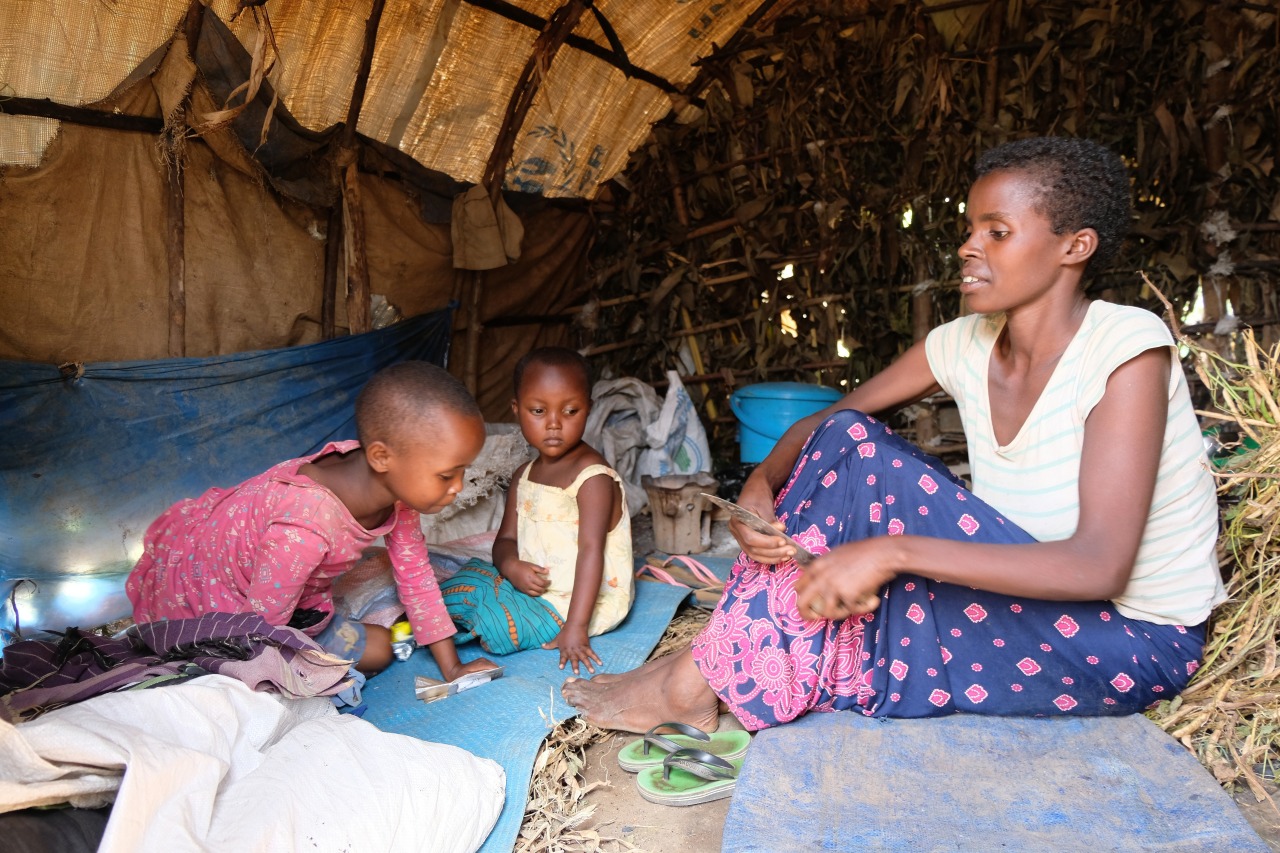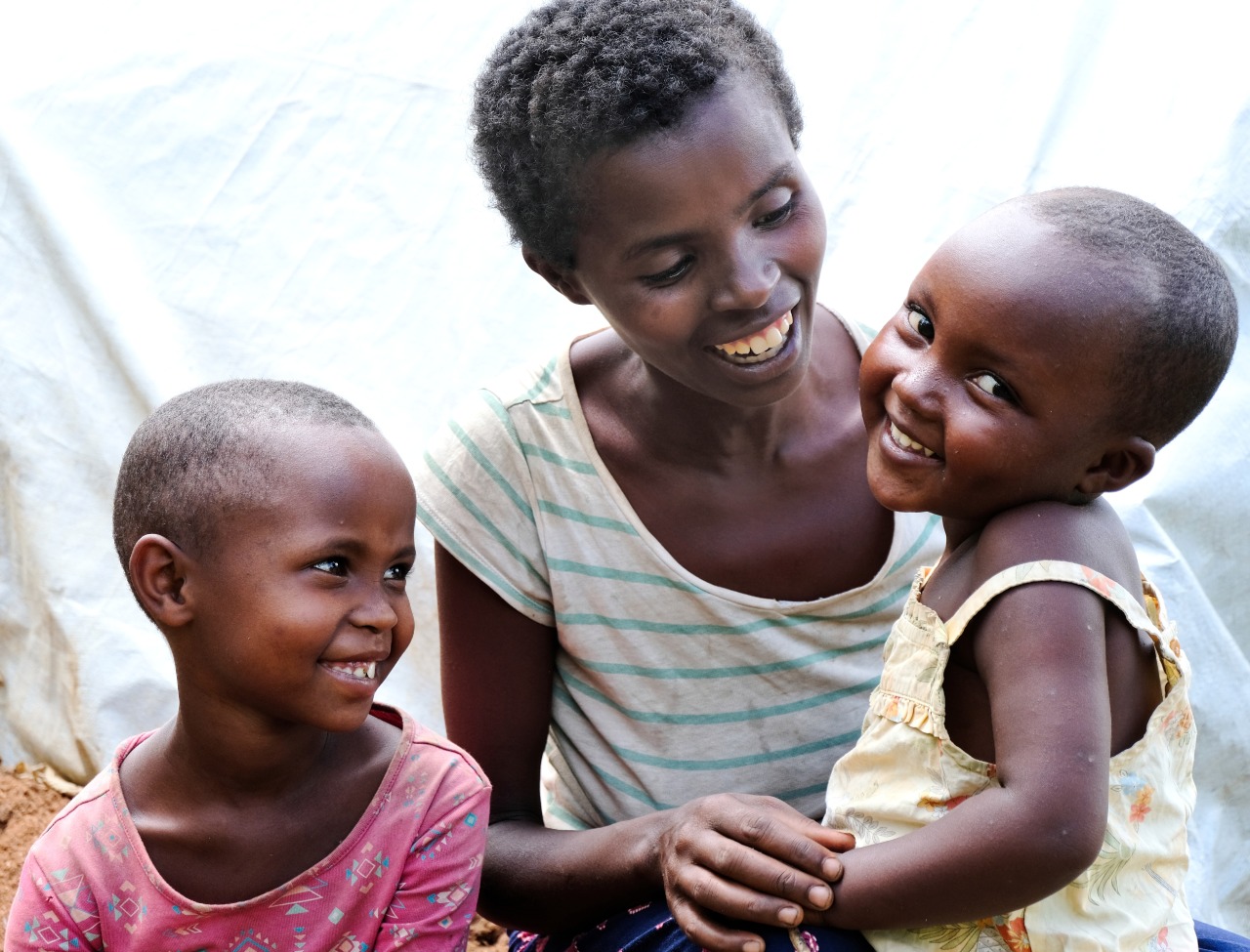The Democratic Republic of the Congo has been described as the “Rape Capital of the World.” The prevalence and intensity of rape, among other forms of sexual violence, is the highest in the world.
Non-governmental / Non-profit organizations such as ADRA assist approximately 30,000 people a year. Cases include rape, sexual slavery, trafficking, forced or early marriage, intimate partner violence and sexual exploitation. The abuse of power and inequality perpetuates the vulnerability of women and girls to all these forms of violence.
Still, many survivors of sexual violence fear to report rape or sexual violence due to stigma and the fear of reprisal from perpetrators.
Grace* is a young refugee from DR Congo. In 2018, she fled to Uganda due to domestic violence.
At one point, Grace had been living happily in her parents’ home. She was in school and aspired to greater things.
However, poverty, gender inequality (the mistaken belief that girls are inferior to boys), and harmful social norms (where some parents consider girls should marry as soon as they menstruate) have driven many parents and guardians to offer daughters into child marriage when the dowry is still affordable.
For example, a dowry can cost a groom’s family one to four cows (about $1,500-$5,000). The older and more educated the girls are, the smaller the likelihood that they will find husbands who can afford the higher price tag.
When Grace got married, everything seemed fair at first. Yet, with the birth of their second child, the abuse, rape, and sexual violence became progressively more frequent, and money was denied for any ordinary supplies. She started going to the market and selling some vegetables to support her young family.
“Many times, I would like to just go back to my parents, but I have heard the abuse and violence that armed militias inflict on villages. That’s why I decided to run away to Uganda. I have already suffered enough abuse for two years.”

Grace travelled to Uganda on a motorcycle that was able to carry her two girls and herself to the border, where she was resettled in one of the eleven refugee settlements. UNHCR, provided her with raw materials to build a new home.
“I tried building a simple shelter as soon as we arrived in the refugee settlement. However, whenever there are strong winds and heavy rainfall, my shelter would fall. I would carry my two girls to my neighbour’s veranda and shelter until the rain lessened. I would fix my shelter again each time.”

Grace’s shelter is covered by a plastic tarpaulin combined with sticks, mud, and corn stalks. Since it does not have a door, the little food she has received from the UN World Food Programme and the meagre dried beans she has saved up for sale in the market are frequently stolen.
“I often think of returning to my husband,” Grace narrates while holding back tears. “But I realize I want freedom for my girls more than returning to live a life of abuse and violence.”

ADRA informed Grace about the fundraising efforts to construct for her a decent house with help coming from private citizens of Sweden and Denmark. Her happiness was immediate, and her smile contagious.

If ADRA can provide me with a decent house, I will be able to work in my garden and sell better quality vegetables in the market. My income will provide a better education for my girls, and with this, they will have the opportunity to achieve the dreams that were taken away from me.”
*Not her real name. Pictures used with properly documented consent.

